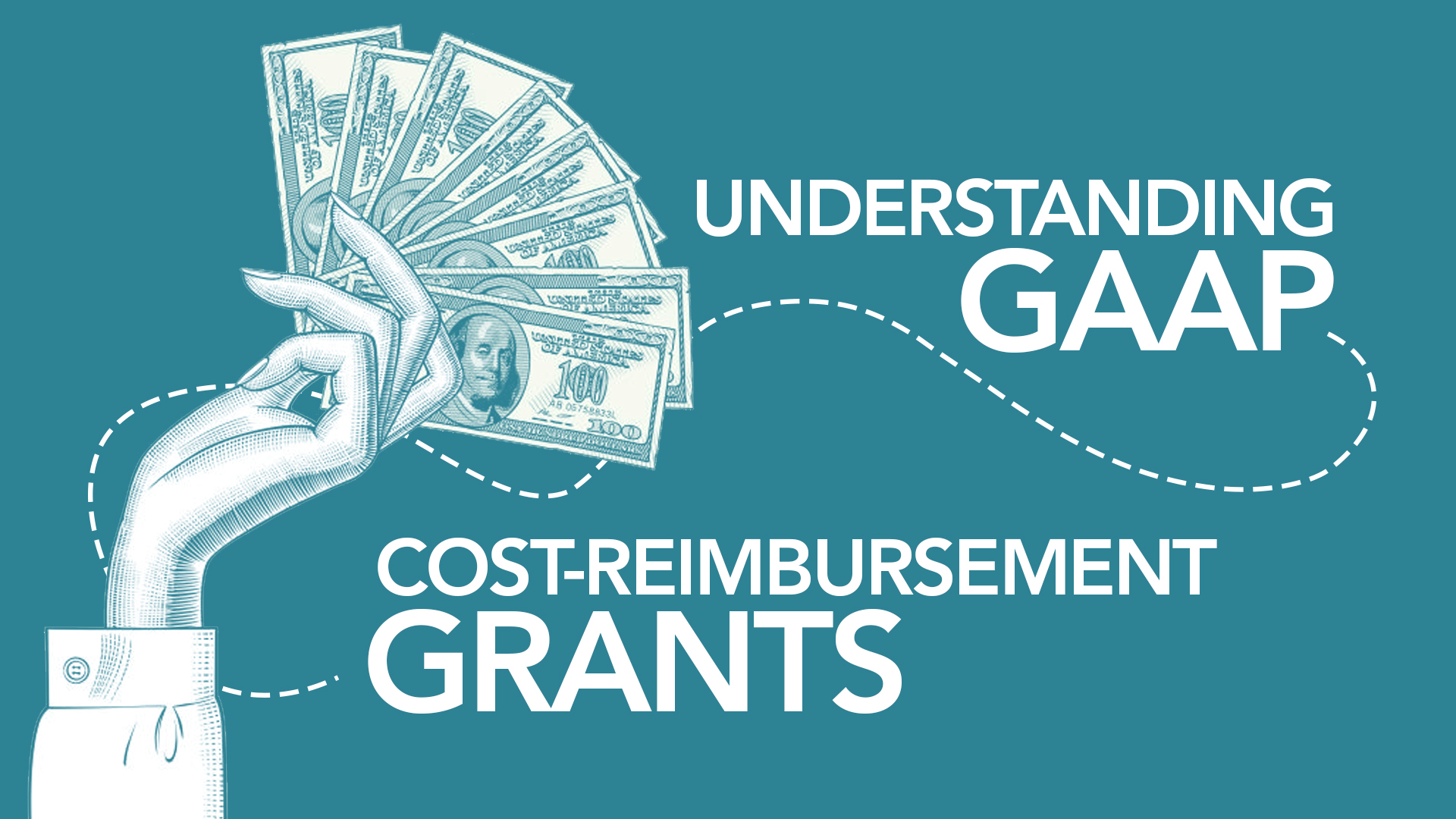
It seems that anything preceded by the word “flat” is not a good thing: flat tire, flat line, flat beer, or flat tax.
Many people think my aversion to a flat tax is based solely on the fact that the implementation of a flat tax system would significantly impact my role as a tax preparer, but let’s not be so quick to judge the motives of a tax professional.
A flat tax is the ultimate in tax simplification. Calculate your income, apply a percentage and pay the balance due. At first blush this sounds appealing, does it not? But here’s the rub.
The tax code (whether intentional or unintentional) was set up to fulfill at least three major roles:
- Raising revenue
- Stimulating certain sectors of the economy
- Taking a role in social responsibility
The need to raise revenue is obvious. The Nation needs money to operate. Without revenue, our Nation would be in chaos. There would be no governmental structure to hold us together, no military to protect us and no infrastructure that makes our Country the great Nation that it is today. Raising revenue is the most important aspect of a taxing system.
It also stimulates various sectors the economy in ways that we don’t always see. It provides a deduction for mortgage interest that encourages the population to invest in their own home, provides a credit to businesses for amounts expended on research; it provides a deduction for domestically produced goods. The list could go on, and on, and on.
There are many examples of its role in social responsibility as well. A deduction is allowed for contributions to charitable organizations which fulfill a vast array of social needs. A credit is offered for those who work who but whose earnings are not sufficient to maintain a minimum standard of living. A deduction is allowed for contributions to IRAs and 401Ks to allow individuals an opportunity to retire in greater comfort than amounts offered by social security. There are also progressive tax rates that offer relief to the poor and tax heavily those that can afford to be taxed. The list in this realm is vast as well.
A flat tax would be a wonderful way to raise revenue. Proponents of a flat tax would argue that the government would receive the same amount of money with a flat tax as with the complicated system we have today. I agree. But what about the other functions of the system; charitable works; business growth and our Nation’s poor. A flat tax leaves those spending decisions to our government and takes the spending incentive that a deduction provides away from the people. I contend that citizens should have a direct choice in how their money is spent and receive the financial benefit of a deduction that results from that choice.
Whenever I think of a flat tax; it scares me. But when I consider that the focus of a flat tax is revenue raising only; and I consider that the American public wants some element of control in how money is spent on economic stimulus and social responsibility, my fears subside. Some of the 2016 presidential candidates are hedging on the flat tax idea by proposing to allow mortgage interest deductions and deductions for charitable contributions. It may start out as a flat tax, but I predict that before long, the taxing system would be just as complicated as it is today… so don’t get your hopes up.
Paul Curatolo
Senior Tax Manager




